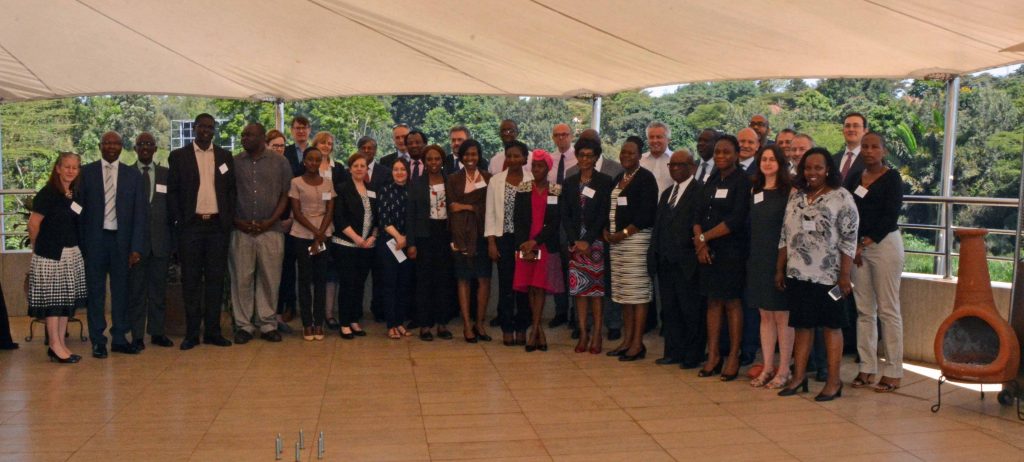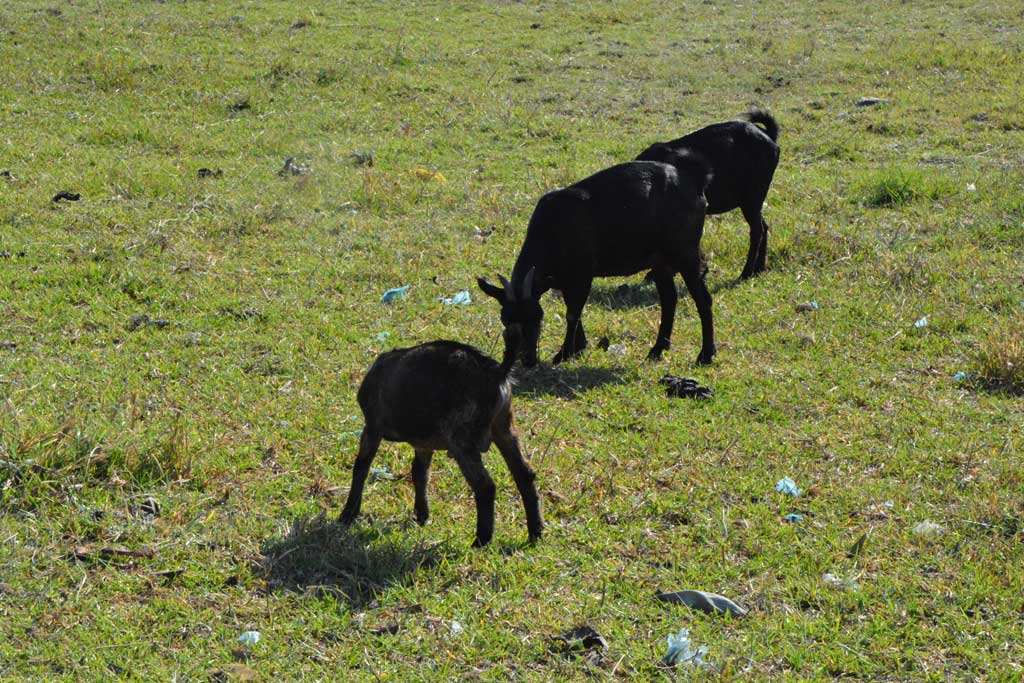Building Global Partnerships
Working in partnership has been a feature of all the activities described on this website. The partnership map provides links to some of the main types and examples of global partnership.
Results
- Leading the development of ESPA, which delivered in partnership which involved over 100 projects in 53 countries with over 1000 researchers.
- Leading the establishment of new research and educational partnerships for the University of Leicester including most recently, the Nairobi Alliance. These partnerships led to growth in research and education for the University.
Nairobi Alliance

A major outcome of the workshop co-hosted by the universities of Nairobi and Leicester in March 2017 was the agreement to form an alliance linking the higher education institutions represented at the event into the “Nairobi Alliance”. Over the following two years the University of Leicester coordinated a process to build the alliance and define its initial priorities and ways of working.
In July 2018 a second workshop was held in Zomba, Malawi which developed the draft agreement to establish the Alliance and discussed a set of priority areas for collaboration in research and education (Transnational Education).
Results
- Agreement to establish the Nairobi Alliance with formal signing of the Memorandum of Understanding scheduled before the end of 2020
- Agreement of priority areas for collaborative research, education and staff capacity building.
- Funding of pilot research projects through the University of Leicester’s GCRF core grant and submission of research grant applications.
- Research on plastics in Malawi was used by the Government of Malawi to overturn an adverse legal ruling on their plans for implementing a plastics ban in the country.
